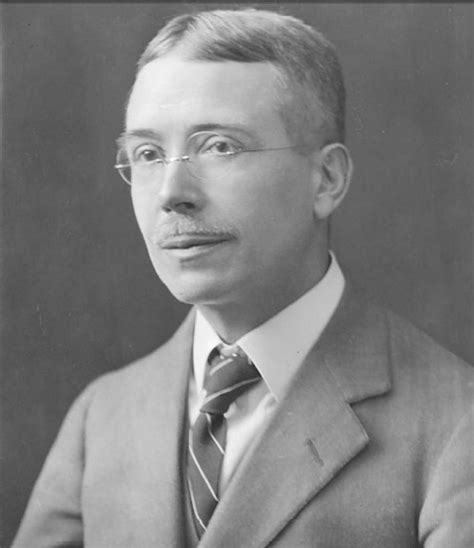A Quote by Gilbert Murray
Where words can be translated into equivalent words, the style of an original can be closely followed; but no translation which aims at being written in normal English can reproduce the style of Aristotle.
Quote Topics
Related Quotes
In fact, many of the quotes in my books are quotes which were translated from English and that I read already translated into Spanish. I'm not really concerned with what the original version in English was, because the important thing for me is that I received them already translated, and they've influenced my original worldview as translations, not as original quotations.
Some stories I write in Swedish, some in English. Short stories I've almost exclusively written in English lately, mostly because there's such a small market for them in Sweden and it doesn't really pay either. So, the translation goes both ways. What also factors in is that I have a different voice in English, which means that a straight translation wouldn't be the same as if I'd written it in English originally.
To translate, one must have a style of his own, for the translation will have no rhythm or nuance, which come from the process of artistically thinking through and molding the sentences; they cannot be reconstituted by piecemeal imitation. The problem of translation is to retreat to a simpler tenor of one’s own style and creatively adjust this to one’s author.
Shakespearean words, foreign words, slang and dialect and made-up phrases from kids on the street corner: English has room for them all. And writers - not just literary writers, but popular writers as well - breathe air into English and keep it lively by making it their own, not by adhering to some style manual that gets handed out to college Freshmen in a composition class.
This book is intended for use in English courses in which the practice of composition is combined with the study of literature. It aims to give in a brief space the principal requirements of plain English style. It aims to lighten the task of instructor and student by concentrating attention (in Chapters II and III) on a few essentials, the rules of usage and principles of composition most commonly violated. The numbers of the sections may be used as references in correcting manuscript.
Oddly enough, I suppose, I don't give much thought to my style, and I don't attempt to be consistent - except within a story. You ask if I struggled to find my style. It seems to me that style - in other words, a way of thinking and doing things - is innate. You can try to will it to be different, but it's like a signature - you can't change its fundamental nature.
My [singing] style really has no style, because I try to sing each number differently. I’ve always believed that if style takes precedent over the words and music, the audience get’s cheated. It’s like when people see a fine play or movie. They imagine themselves in the leading role. I want them to imagine that they’re singing - not just listening to someone else.








































